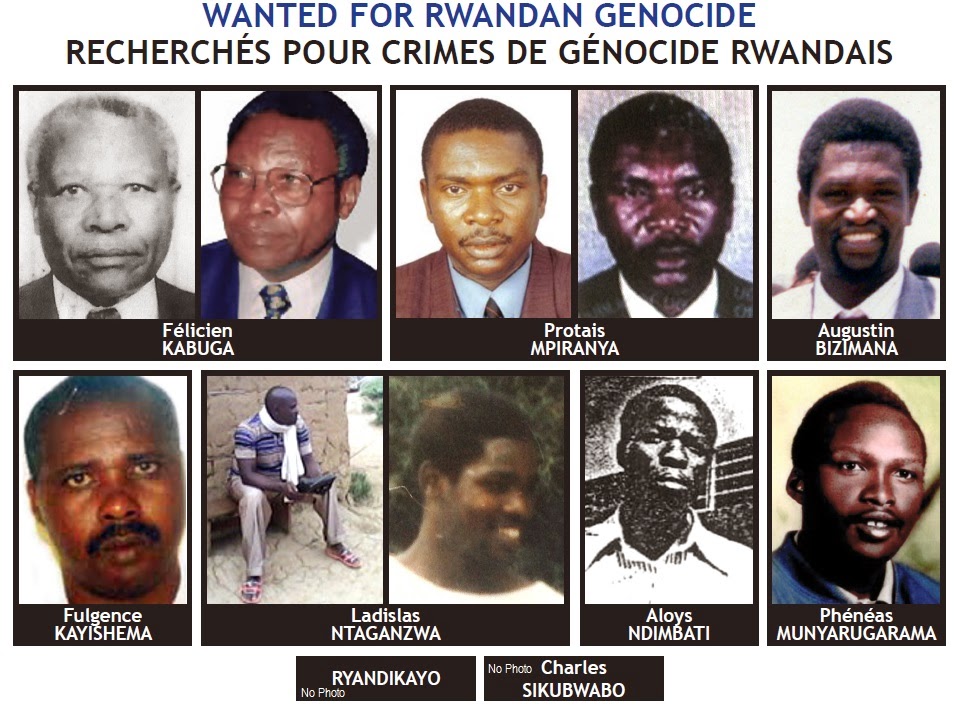The Bahá’í teachings present a unique perspective on the moral and ethical considerations surrounding the prosecution of war criminals, particularly in the context of genocide. This perspective emphasizes the necessity for justice while simultaneously advocating for compassion, reconciliation, and the upliftment of humanity. The complexity of prosecuting war criminals—especially in the aftermath of a genocide—requires a multidimensional approach that intertwines principles of justice with those of forgiveness and moral healing.
At the core of Bahá’í beliefs is the assertion that justice is a fundamental requirement for any society aspiring towards peace and unity. The concept of justice within the Bahá’í framework transcends mere legalistic notions; it encapsulates the essence of moral rectitude, societal restoration, and spirituality. The call for justice serves not only as a reaction to heinous acts committed against innocents but also as a preventive measure, aimed at ensuring that such atrocities do not recur in the future. In prosecuting war criminals, adherence to principles of fairness and equity becomes paramount. Bahá’í teachings advocate for impartial legal processes, safeguarding the rights of victims while ensuring that the accused are granted due process, so as to uphold the tenets of justice.
To comprehend the Bahá’í approach to justice in the context of genocide, it is imperative to explore the underlying philosophical tenets that inform this worldview. First, the Bahá’í Faith posits that all human beings share a common origin and destiny. This belief fosters a sense of interconnectedness that transcends ethnic, national, and religious divisions. It is within this context that the act of prosecuting war criminals is perceived not solely as a mechanism for punishment, but as a collective responsibility—an obligation to humanity that avows the sanctity of every life. The recognition of shared humanity compels individuals and societies to confront historical wrongs, an act which not only objectives justice but also engenders an atmosphere of healing.
A striking component of Bahá’í philosophy is the idea of consultation. In situations marked by conflict and atrocity, the process of consultation emerges as an essential tool for fostering understanding and dialogue among diverse stakeholders. When addressing the impacts of genocide, it becomes crucial to engage in open discussions that incorporate the narratives of victims, the experiences of perpetrators, and the insights of communities affected by the violence. This approach invites a nuanced dialogue that can lead to restorative justice, thereby ensuring that legal proceedings are informed by a comprehensive understanding of the socio-economic and political contexts that precipitated the violence.
Moreover, the Bahá’í teachings emphasize the necessity of educating future generations as a preventive measure against the resurgence of genocidal ideologies. Through education, societies can cultivate an awareness of the catastrophic consequences of hatred and prejudice while promoting values of tolerance, understanding, and unity. In pursuing justice for genocide, it is imperative to adopt an educational paradigm that not only teaches the historical facts of past atrocities but also instills in young minds the importance of promoting peace and dialogue in their communities. By embedding these principles within the educational curricula, societies can nurture a generation dedicated to the ideals of collective welfare, which may ultimately obfuscate the seeds of hatred and discord.
The Bahá’í perspective also acknowledges the intricate emotional and psychological ramifications of genocide on both victims and perpetrators. While justice must be pursued, it is equally essential to recognize the potential for transformation within the human spirit. The tenets of forgiveness and reconciliation play a vital role in this discourse. For victims, the act of forgiveness can serve as a potent instrument of liberation from the shackles of bitterness and resentment. For former offenders, recognizing their actions as fundamentally flawed can initiate a journey of repentance and change. A narrative of reconciliation that involves accountability and restorative measures, framed through compassion, reflects the essence of Bahá’í teachings and invites a renewed vision for a harmonious future.
In examining the contemporary frameworks for prosecuting war criminals and adjudicating cases of genocide, the Bahá’í approach provides salient insights into the intersection of justice and reconciliation. International legal instruments, such as the International Criminal Court (ICC), serve as platforms for accountability. However, Bahá’í teachings remind us that these systems must be imbued with a higher consciousness that transcends legal repercussions alone. The ultimate goal of any legal process should not solely be retribution, but rather restoration of dignity, societal cohesion, and a commitment to prevent future transgressions against humanity.
Ultimately, the prosecution of war criminals, particularly in the unforgiving landscape of genocide, requires a profound shift in perspective—from a strictly punitive approach to one characterized by a holistic understanding of justice. Such an evolution invites all stakeholders to engage in a collaborative endeavor to foster healing. As the world grapples with the weight of historical injustices, embracing the Bahá’í principles can illuminate pathways towards peace, unity, and a shared commitment to the continued pursuit of justice—transforming not only the lives of those affected but also enriching humanity as a whole.
In conclusion, the Bahá’í teachings present an expansive and compassionate framework for understanding the nuanced facets of prosecuting war criminals and delivering justice for genocide. By integrating principles of justice, forgiveness, and education, the Bahá’í perspective inspires individuals and societies to collaboratively confront the past while laying the groundwork for a more peaceful and unified future.
